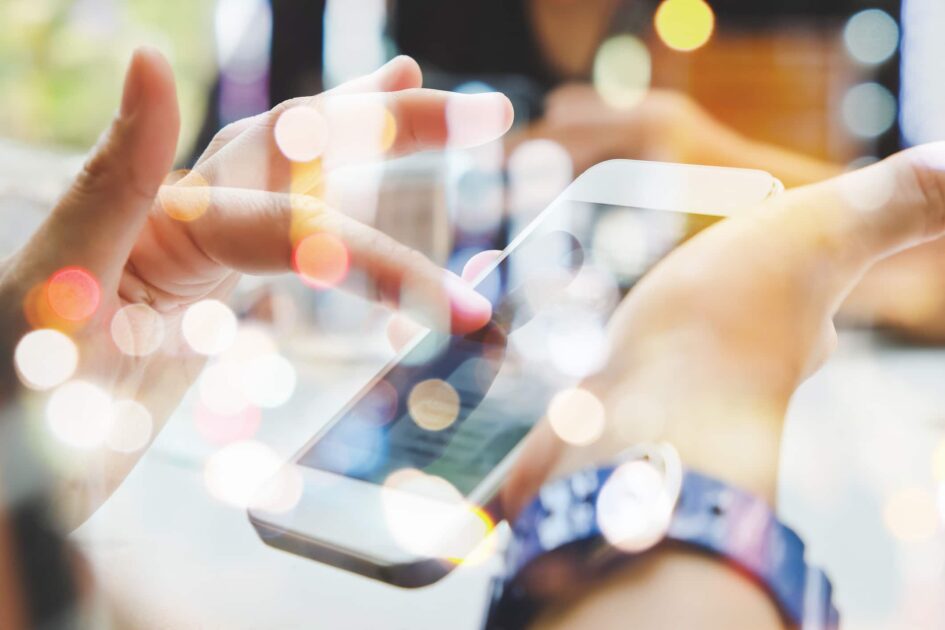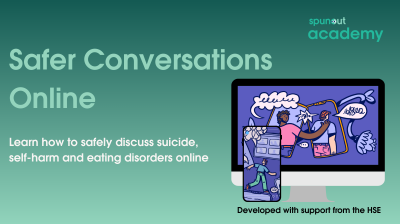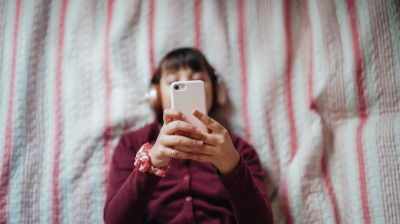The relationship between social media and mental health
The impact of social media on mental health, and ways to help lessen the negative effects.

There is no surprise that social media is a huge part of our lives. It’s a way for us to keep in contact with each other, see what others are doing, and so much more. Social media however has many negative effects on our mental health. In fact, the RSPH and YHM just recently did a study and found that the negative impacts of social media platforms include issues like increased levels of depression and anxiety, poor sleep quality, dissatisfaction with body image, cyberbullying, and fear of missing out. These are all things that can have a huge impact our mental health and wellbeing. Below you can learn more about how social media may be affecting your mental health and what you can do with your social media to help your mental health.
Ways social media may be affecting your mental health
- You are depressed or anxious after being on social media- looking at social media can sometimes cause feelings of depression and/or anxiety, in fact multiple studies have shown that there is a correlation between depression and social media usage.
- You constantly compare yourself to others- a certain level of comparison is beneficial in the sense that it can motivate you to achieve new goals and grow as a person, but most often the comparison on social media sounds like, “I wish I could look like that,” or “why can’t I be flawless like her, I’ll never look as good as her,” these comments can be very dangerous to your mental health and self-esteem.
- You spend too much time on your social media- not only does this negatively affect your ability to be productive, but it also leads to procrastination which can cause stress. Constant stress from procrastination and in general can be detrimental to your physical and mental health. Spending too much time on social media can also lead to you spending less time having in-person communication which can affect relationships you have with others.
- You rely on likes and comments to boost your mood- yes getting likes and comments is always a wonderful feeling, but if your mood is based off of how many likes and comments you are getting on social media then that can be damaging to your mental health. It can also lead you to thinking and believing negative thoughts like “I’m not cool enough because I didn’t get over 200 likes.”
- Social media is always on your mind- if the first thought you have when sitting down for a meal is checking social media and posting a picture of your food on social media, you are spending too much time on social media. Remember that there is a life full of so many other things beyond social media.
- Social media is negatively affecting your diet and body image- constant photos and posts of new diets, fitspo, and edited bikini pictures can cause body dissatisfaction. This can lead to things like eating disorders, body dysmorphia, and negative impacts on self-esteem and mental health.
What you can do to help your mental health
- Monitor your usage of social media- in other words be wary of how often and how much time you spend on social media.
- Unfollow toxic accounts- seeing certain posts and photos can be harmful to our mental health and self-esteem, so try and unfollow accounts that make you feel bad about yourself or make you feel as if you need to change yourself in order to be ‘better.’
- Limit how often you use social media- if you find that you are spending three hours stalking random accounts and are constantly going back and forth from your different social media accounts and checking them, it’s probably best to try and limit how often you are using social media.
- Take a break- if you find that social media is dramatically affecting your life, maybe consider all together deleting your social media apps for a while. You would be surprised how beneficial this is in helping improve your mental health and self-esteem.
Note if you feel as if you are suffering from depression or anxiety due to social media there are many organisations that can help. Here are a few that you can reach out to: Samaritans, Aware, Jigsaw, and ChildLine.






